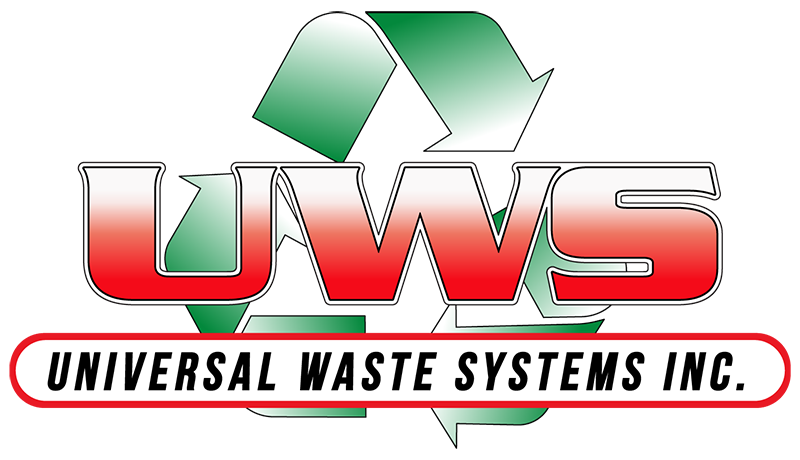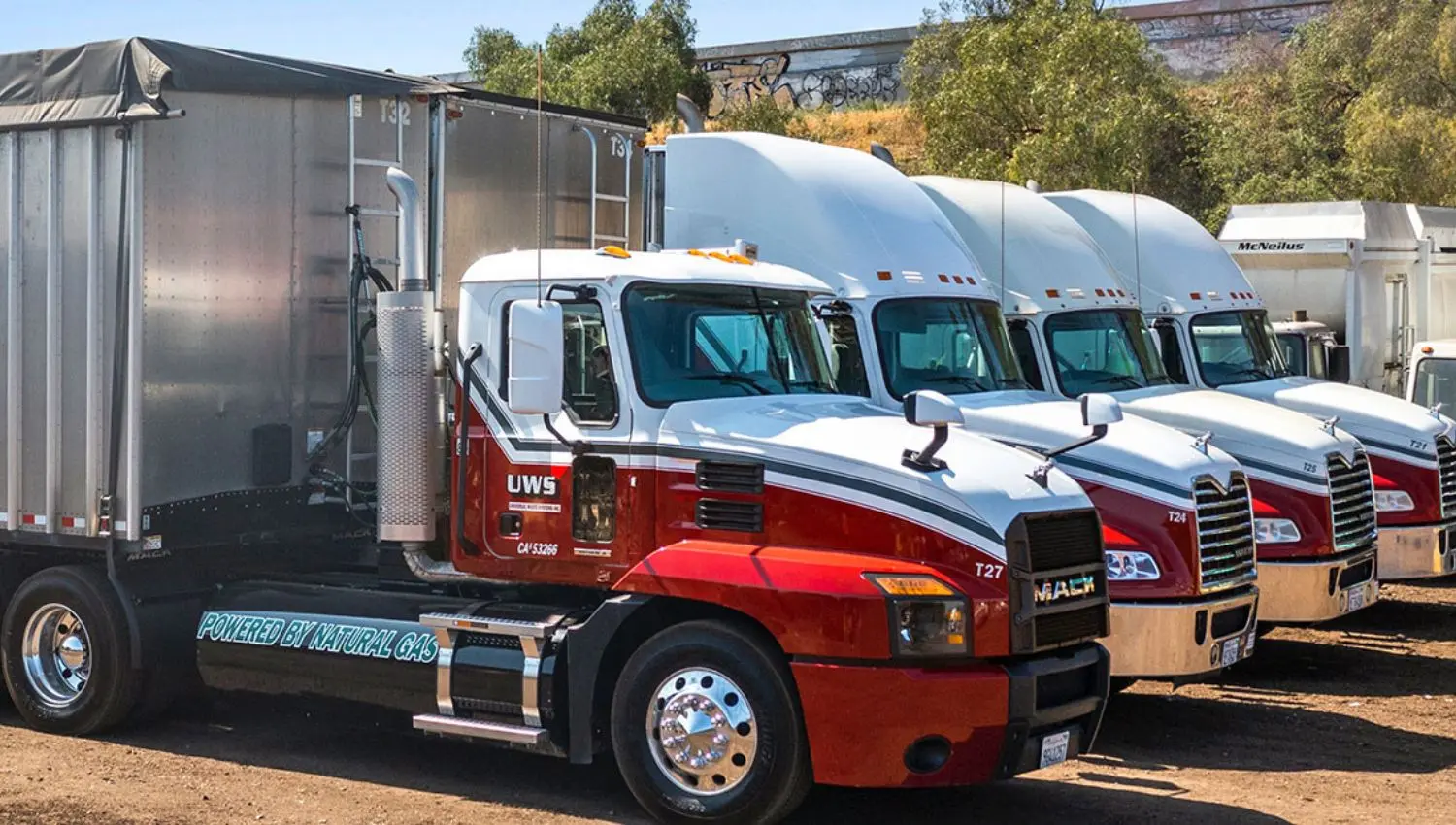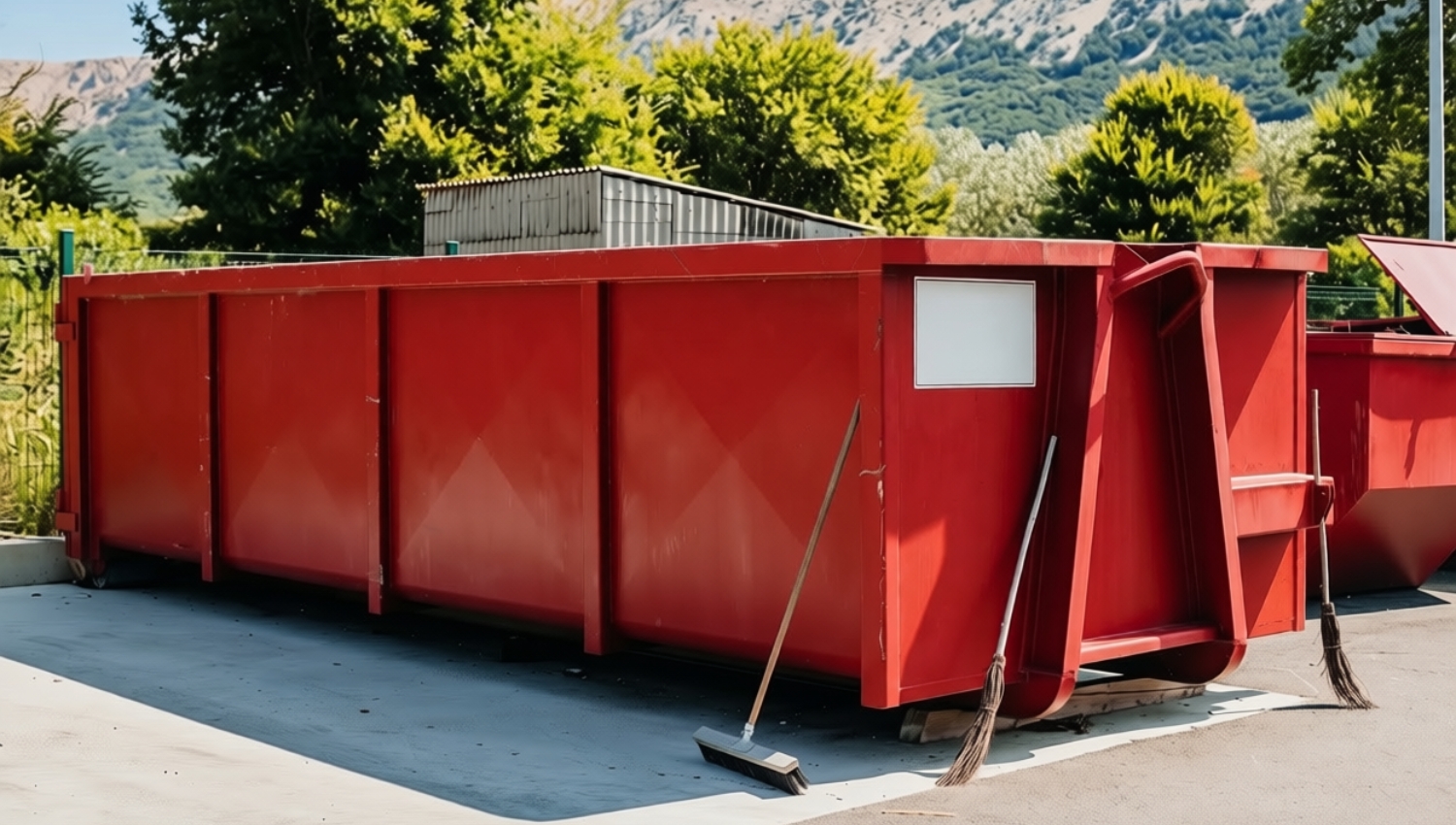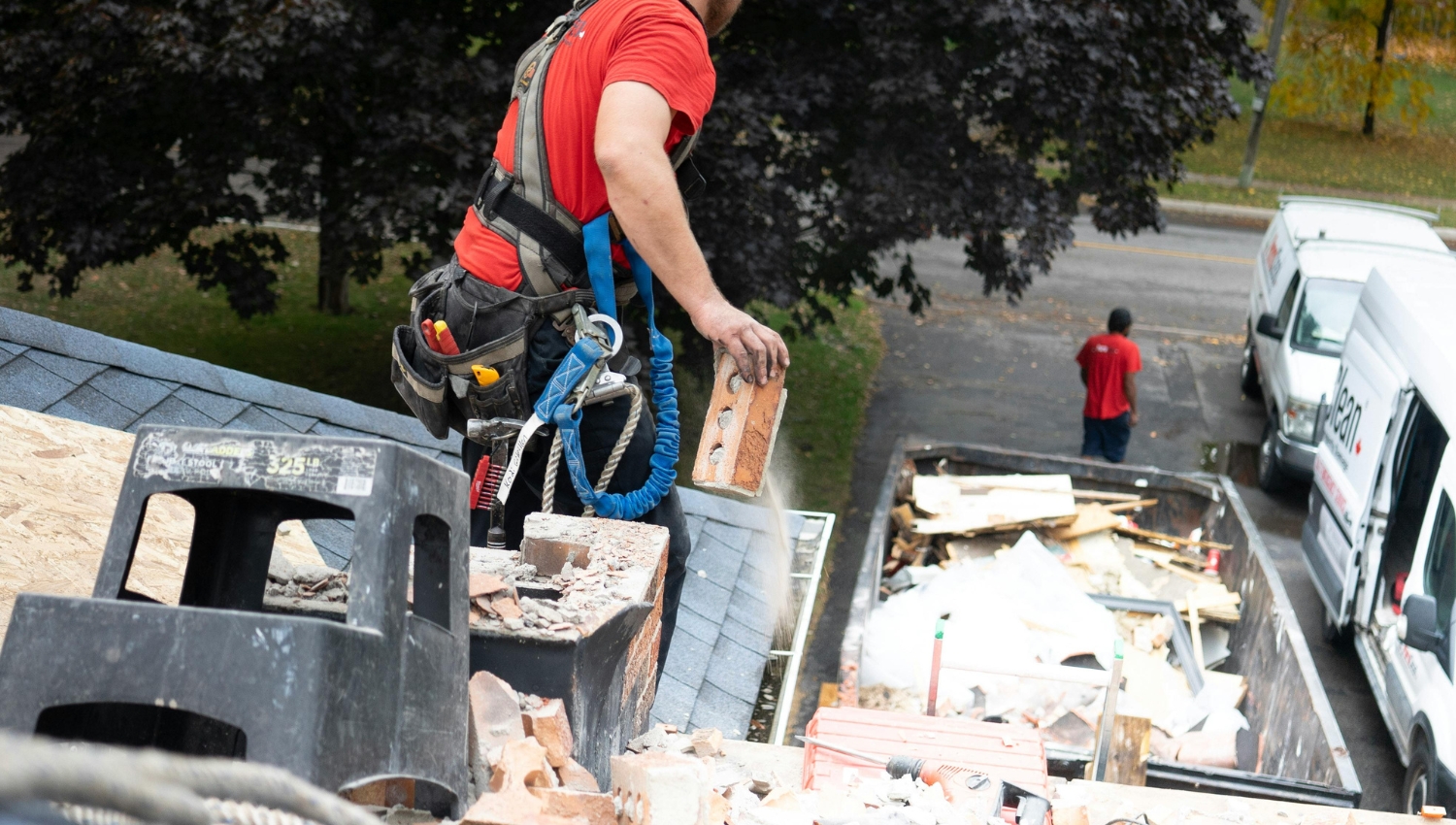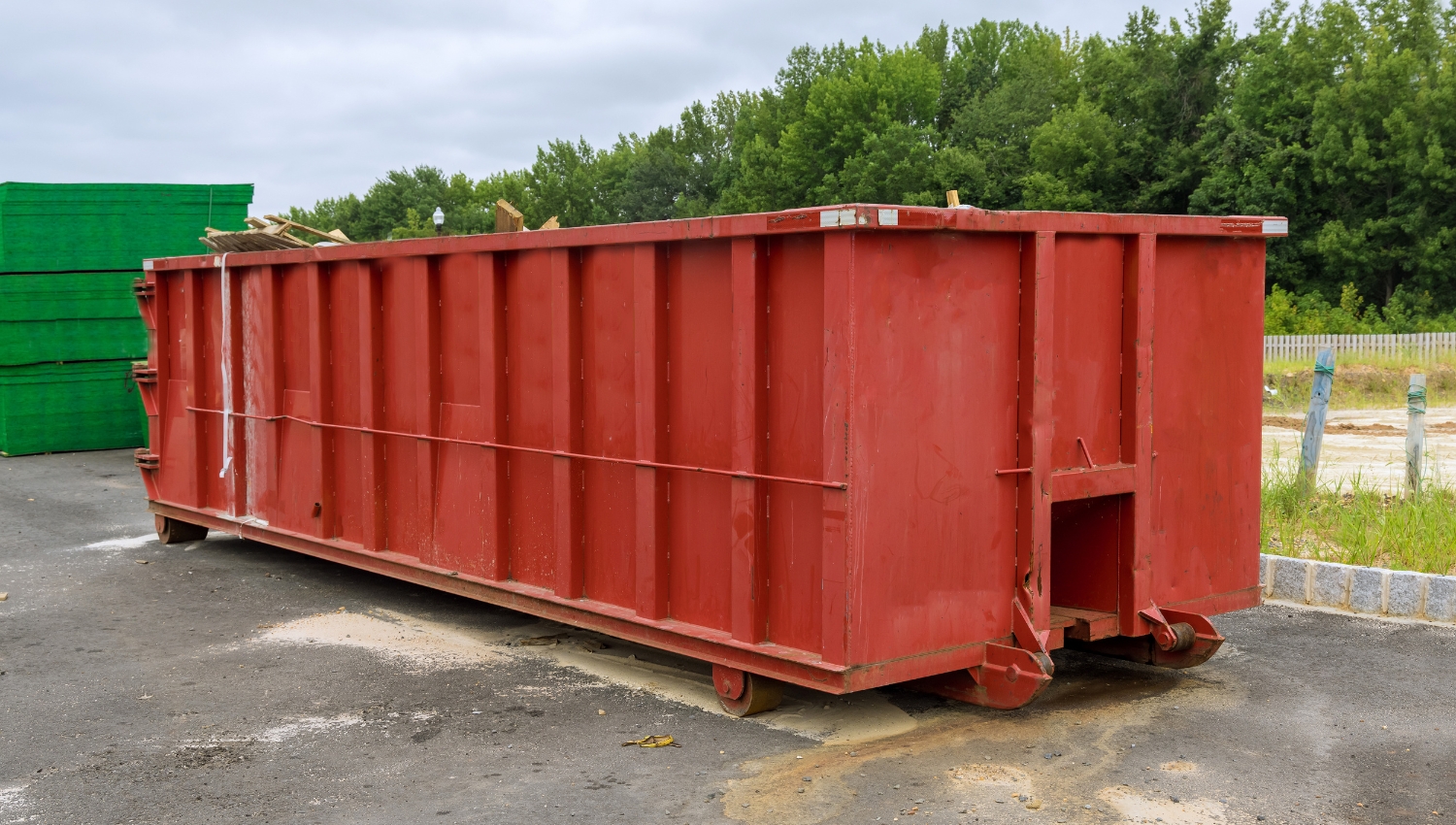Phoenix’s industrial sector continues expanding rapidly, with aerospace manufacturing, electronics production, distribution centers, and technology facilities driving economic growth throughout the metro area. This industrial expansion creates significant waste management challenges—manufacturing scrap, hazardous chemicals, packaging materials, metal shavings, and equipment disposal all require proper handling that goes far beyond standard trash service.
Industrial operations face strict regulatory compliance requirements from the EPA, Arizona Department of Environmental Quality, and Maricopa County. Improper disposal brings severe consequences: substantial fines reaching millions of dollars, criminal liability in serious cases, business interruptions, and loss of operating permits. Beyond legal risks, companies increasingly need to demonstrate environmental responsibility to customers, investors, and communities. Professional industrial waste disposal solves these challenges by ensuring regulatory compliance while supporting environmental stewardship goals.
Universal Waste Systems has served Phoenix metro industrial clients for three generations, understanding both the operational demands of manufacturing facilities and the complex regulations governing industrial waste management throughout Arizona, California, and New Mexico.
Types of Industrial Waste Requiring Specialized Disposal
Non-Hazardous Industrial Waste
Universal Waste Systems handles non-hazardous industrial waste generated by Phoenix metro manufacturing facilities, warehouses, and commercial operations. Manufacturing scrap and production waste—materials that don’t contain hazardous substances—get collected through roll-off containers. Packaging materials, cardboard, pallets, and shipping supplies accumulate quickly at distribution centers. Metal shavings and fabrication debris from machine shops and metal working operations qualify as non-hazardous when uncontaminated. Plastic waste, paper products, and general industrial trash from production facilities all fall within standard waste collection services.
Recyclable Industrial Materials
Many industrial waste streams contain valuable recyclable materials. Scrap metal including steel, aluminum, and copper gets collected and recycled, often providing revenue offsets. Cardboard and paper products from packaging operations get diverted to recycling facilities. Plastic materials c\an be segregated for recycling when feasible. Wood pallets represent significant recyclable volume at warehouses and distribution centers.
Construction and Demolition Debris
Facility renovations, expansions, and equipment installations generate construction debris requiring removal. Drywall, lumber, roofing materials, concrete, and metal from demolition projects get collected in appropriately sized roll-off containers.
Navigating Federal, State, and Local Compliance
Federal Regulations
The EPA’s Resource Conservation and Recovery Act (RCRA) establishes the framework for proper waste management nationwide. While UWS handles non-hazardous industrial waste, facilities generating any hazardous materials must understand RCRA requirements including generator classifications, manifest systems for tracking, and proper disposal through licensed facilities. OSHA workplace safety requirements mandate adequate waste handling procedures protecting workers from injury during collection and disposal.
Arizona State Requirements
The Arizona Department of Environmental Quality (ADEQ) provides state-level oversight of waste management operations. ADEQ enforces both federal standards and Arizona-specific regulations for industrial facilities. Reporting and documentation requirements vary based on waste types and generation volumes. Facilities may need permits for waste storage, handling, or on-site treatment activities.
Maricopa County Regulations
Maricopa County Air Quality Department regulates emissions from waste handling and industrial operations. Solid waste disposal requirements ensure materials reach approved facilities. Industrial wastewater regulations prevent contamination of municipal systems. Special handling protocols apply to certain waste types even when non-hazardous.
Consequences of Non-Compliance
EPA and ADEQ enforcement actions result from violations of waste regulations. Fines range from thousands to millions of dollars depending on violation severity and duration. Criminal liability attaches to knowing violations causing environmental harm. Business interruptions and facility shutdowns occur during enforcement proceedings. Reputational damage affects customer relationships and community standing. Operating permits can be suspended or revoked, preventing continued business operations.
Industries We Serve in Phoenix Metro
Manufacturing
Phoenix’s aerospace and defense contractors—a cornerstone of the local economy—generate substantial manufacturing waste from production operations. Electronics manufacturing facilities produce packaging waste, pallets, and non-hazardous production materials. Food and beverage production creates organic waste, packaging materials, and equipment disposal needs. Pharmaceutical manufacturing and automotive parts assembly operations require reliable waste collection maintaining clean production environments.
Construction and Contractors
Commercial builders and industrial facility construction projects generate demolition debris, lumber, drywall, and metal scrap. Demolition contractors need roll-off containers for complete facility tear-downs. Renovation specialists require flexible waste solutions accommodating project timelines and changing volumes.
Distribution and Warehousing
Logistics centers and e-commerce fulfillment facilities produce massive cardboard and packaging waste volumes. Cold storage operations and distribution hubs need regular waste collection preventing material accumulation that interferes with operations.
Technology and Data Centers
Server farms and tech manufacturing facilities generate packaging waste and equipment disposal needs. Research facilities require dependable waste services supporting ongoing operations.
Metal Fabrication and Machine Shops
Sheet metal fabrication shops produce metal scrap with recycling value. CNC machining operations generate metal shavings and cutting debris. Welding and metal working facilities create scrap materials. Powder coating operations produce packaging waste and reject parts requiring disposal.
Industrial Waste Disposal Services
Roll-Off Container Service
Universal Waste Systems provides 10 to 40-yard roll-off containers suited to industrial facility needs. Scheduled pickups maintain consistent service, while on-call options accommodate fluctuating waste volumes. Multiple containers enable waste segregation—separating recyclables from general waste or keeping different material streams distinct. Our dumpster rental services offer flexibility for both ongoing operations and project-based needs.
Equipment and Material Removal
Beyond standard waste collection, we handle equipment and machinery removal from facility upgrades or closures. Scrap metal collection captures recyclable value from fabrication operations, manufacturing equipment, and structural materials. Our teams coordinate removal timing around your operational requirements.
Recycling Programs
Material separation and sorting maximize recycling diversion from landfills. Scrap metal recycling generates revenue offsetting disposal costs. Cardboard and paper recycling addresses high-volume packaging waste from distribution operations. We provide documentation supporting sustainability reporting and corporate environmental goals.
Regular Service Schedules
Daily, weekly, or monthly pickups match your waste generation patterns. Flexible scheduling works around production schedules and shift operations. Emergency and rush services accommodate unexpected needs. Service contracts provide predictable costs simplifying budget planning.
Documentation and Compliance
Weight tickets document disposal volumes for record-keeping. Certificates of disposal verify proper facility delivery. Our tracking systems maintain records meeting regulatory retention requirements, providing the documentation industrial operations need for compliance and auditing purposes.
Cost Factors for Industrial Waste Disposal
Primary Cost Factors
Waste type and classification drive baseline pricing—non-hazardous industrial waste costs significantly less than materials requiring specialized handling. Volume and frequency of service determine container sizes and pickup schedules affecting total costs. Transportation distance from your Phoenix facility to disposal sites influences hauling charges. Disposal and tipping fees at certified facilities vary based on material types. Special handling requirements for certain waste streams add to service costs.
Pricing Structures
Monthly service contracts provide predictable costs through flat-rate billing covering regular pickups. Per-pickup pricing suits operations with irregular waste generation not justifying contract commitments. Weight-based charges apply at disposal facilities, with invoicing reflecting actual tonnage. Recycling revenue offsets reduce costs when scrap metal or other valuable materials generate rebates. Fuel surcharges and regulatory environmental fees appear as separate line items.
Cost Optimization
Waste stream analysis identifies opportunities reducing overall volumes through process improvements. Material segregation for recycling diverts waste from higher-cost landfill disposal. Right-sizing containers prevents paying for unused capacity or overage fees from overfilled units. Scheduled service typically costs less than on-call pickups. Long-term contracts secure better rates than month-to-month arrangements.
Transparent Billing
Detailed invoices show all charges including hauling, disposal, and regulatory fees. No hidden costs appear unexpectedly. Clear explanations accompany regulatory fees. Weight documentation supports every invoice.
Why Phoenix Chooses UWS
Regulatory Compliance
Universal Waste Systems maintains deep knowledge of EPA, ADEQ, and Maricopa County regulations affecting industrial waste disposal. Our proper licensing and certifications ensure compliant operations. We assist facilities with compliance documentation and stay current with changing regulations impacting Phoenix metro industries.
Phoenix Metro Coverage
We service the entire Phoenix metro area including Scottsdale, Tempe, Mesa, Chandler, and Glendale. Understanding of local industrial corridors—from aerospace facilities near Sky Harbor to distribution centers along the I-10 corridor—enables efficient routing. Quick response times from local facilities support urgent needs. Familiarity with Phoenix’s industrial sector means we understand your operational demands.
Experienced Team
Three generations and 120 years of combined family experience in waste management inform our approach. Trained professionals understand industrial facility requirements, safety protocols, and operational constraints. Safety-first practices protect your workers and ours. Professional, uniformed crews represent your facility standards during service.
Comprehensive Services
Beyond waste collection, we provide commercial waste services, dumpster rental for facility projects, and sewer jetting and liquid waste services. One provider handles all waste management needs.
Environmental Commitment
We maximize recycling and material recovery, maintaining responsible disposal practices. Sustainability reporting support helps facilities meet corporate environmental goals and reduce overall environmental impact.
Phoenix’s industrial growth demands waste management partners who understand both regulatory requirements and operational realities. From aerospace manufacturing to distribution centers, reliable waste disposal keeps facilities compliant and productive. Schedule a waste assessment today to discuss how Universal Waste Systems can support your Phoenix industrial operation with experienced, local service.
Frequently Asked Questions
What qualifies as hazardous industrial waste?
The EPA defines hazardous waste as materials exhibiting ignitability, corrosivity, reactivity, or toxicity. Common examples include solvents, oils, heavy metals, and certain chemicals requiring specialized licensed haulers and EPA-certified disposal facilities. Universal Waste Systems handles non-hazardous industrial waste.
How often should industrial waste be collected?
Collection frequency depends on waste generation rates, on-site storage capacity, and regulatory requirements. High-volume facilities may need daily service, while others operate efficiently with weekly or monthly pickups. We help assess your needs and recommend schedules preventing overflow while optimizing costs.
Do I need special permits for industrial waste disposal?
Permit requirements depend on waste types and volumes generated. Large-quantity generators may need EPA identification numbers and state permits. Non-hazardous waste typically requires fewer permits, though facility-specific regulations vary. We provide guidance on documentation requirements for compliant operations.
Can industrial waste be recycled?
Many industrial materials are recyclable. Scrap metal, cardboard, paper, certain plastics, and wood pallets can be diverted from landfills. Recycling reduces disposal costs and supports sustainability goals. We at UWS help identify recyclable streams, provide documentation for environmental reporting and ensure the recyclable materials do not go to waste.
How much does industrial waste disposal cost in Phoenix?
Costs depend on waste type, volume, container sizes, service frequency, and transportation distance. Monthly service contracts offer predictable pricing, while per-pickup arrangements suit irregular needs. We provide transparent quotes based on your specific requirements.
What documentation do I receive for compliance purposes?
You receive weight tickets documenting disposal volumes, certificates of disposal verifying proper facility delivery, and detailed service records. These documents support regulatory compliance, auditing requirements, and internal tracking systems.
How quickly can you respond to industrial waste removal needs?
Regular scheduled service maintains consistent collection. Emergency and rush services accommodate unexpected needs, with response times depending on current routing and equipment availability. Contract customers receive priority scheduling.
Do you handle hazardous waste disposal?
Universal Waste Systems specializes in non-hazardous industrial waste disposal. Hazardous materials require EPA and ADEQ-licensed hazardous waste transporters with specialized certifications. Contact the Arizona Department of Environmental Quality for licensed hazardous waste disposal providers.
